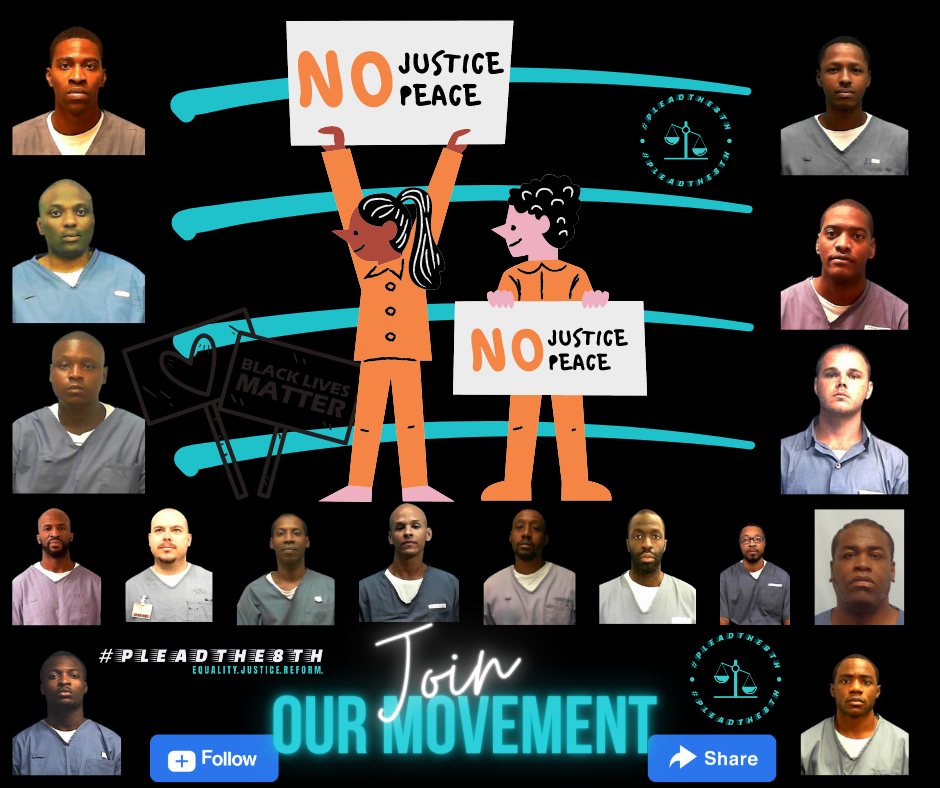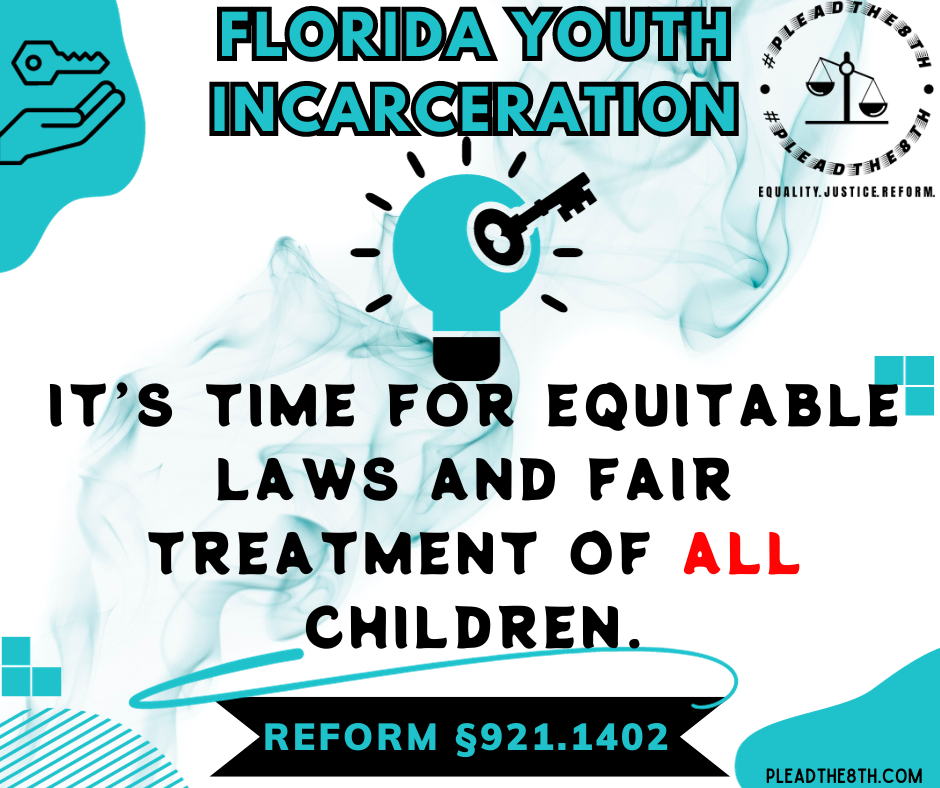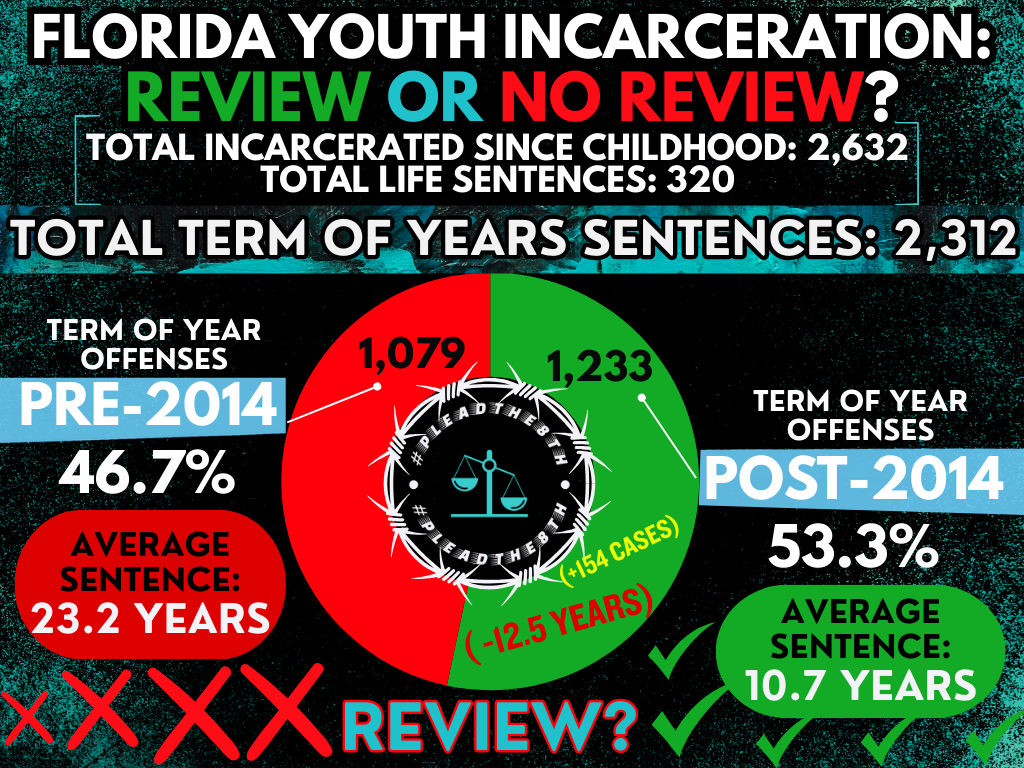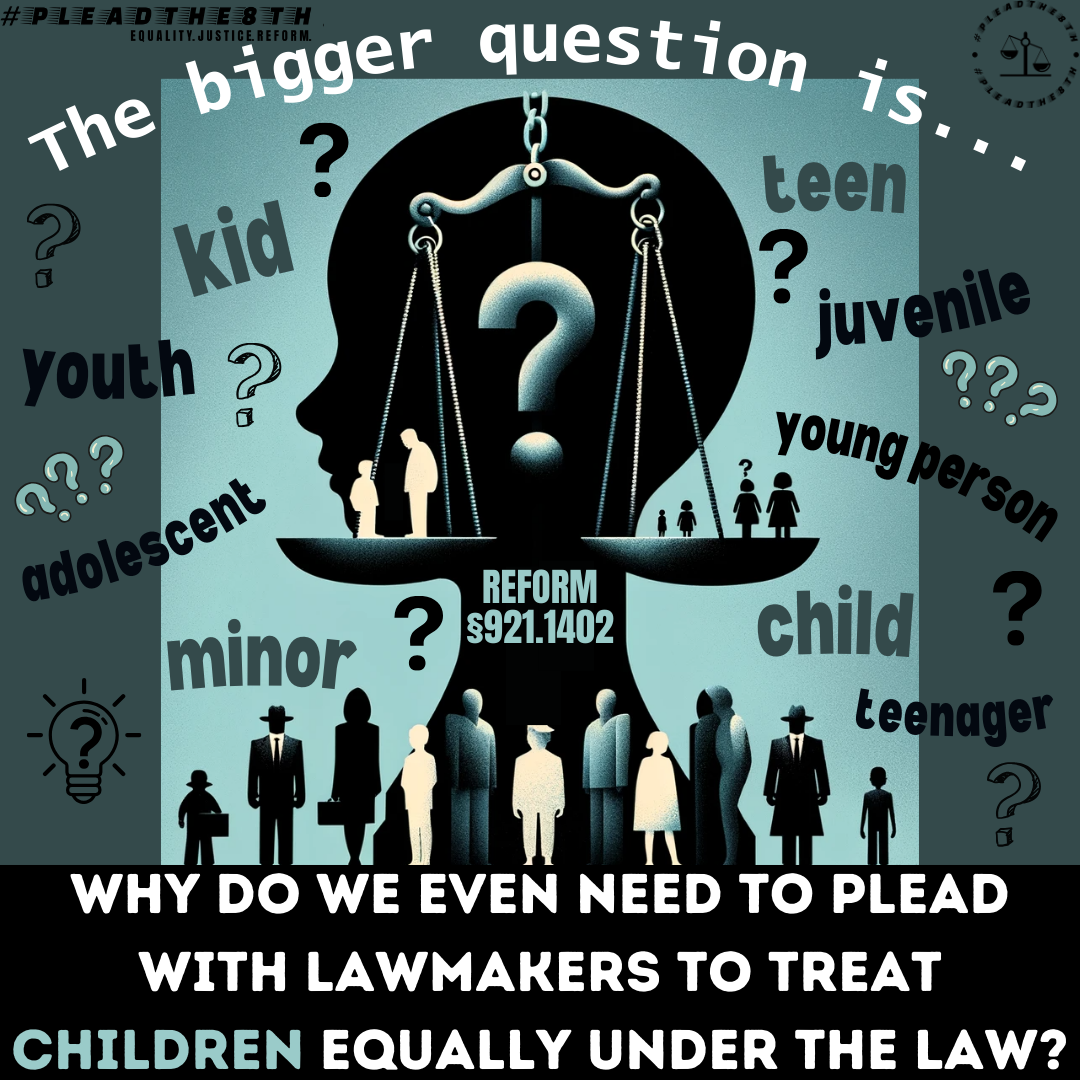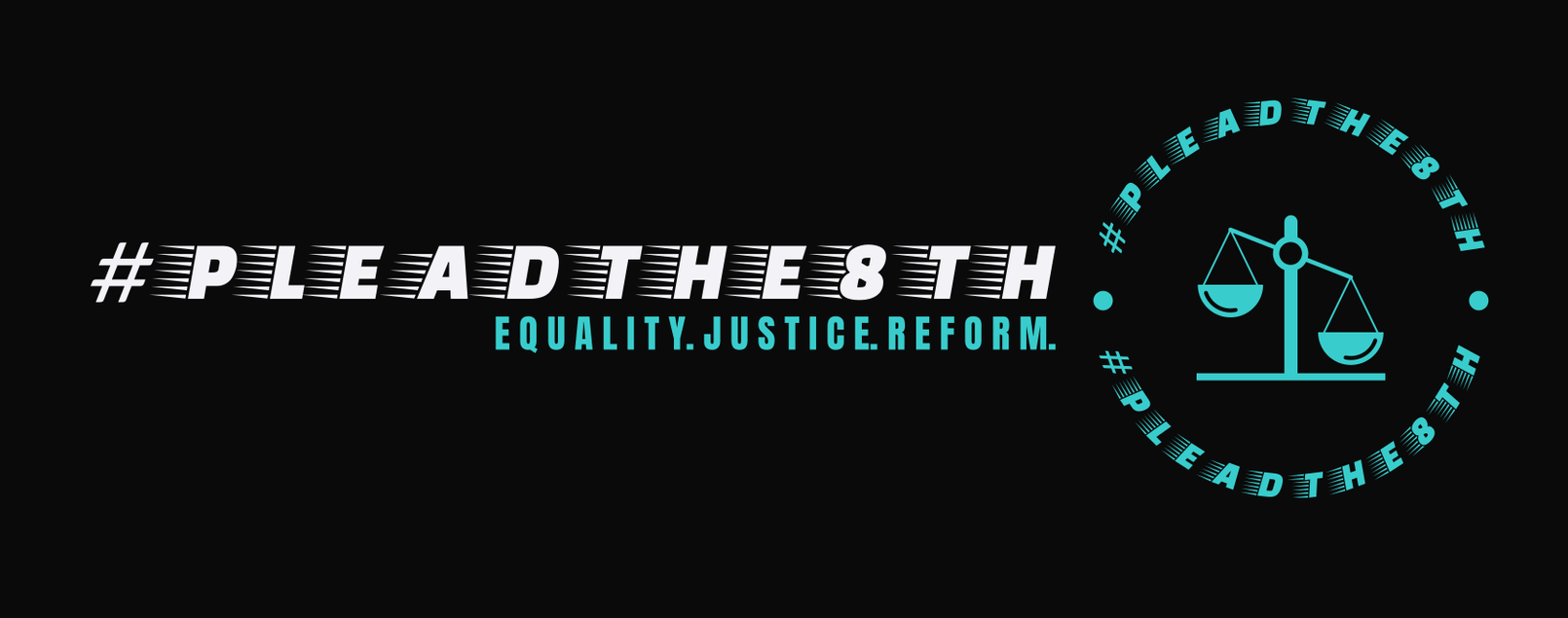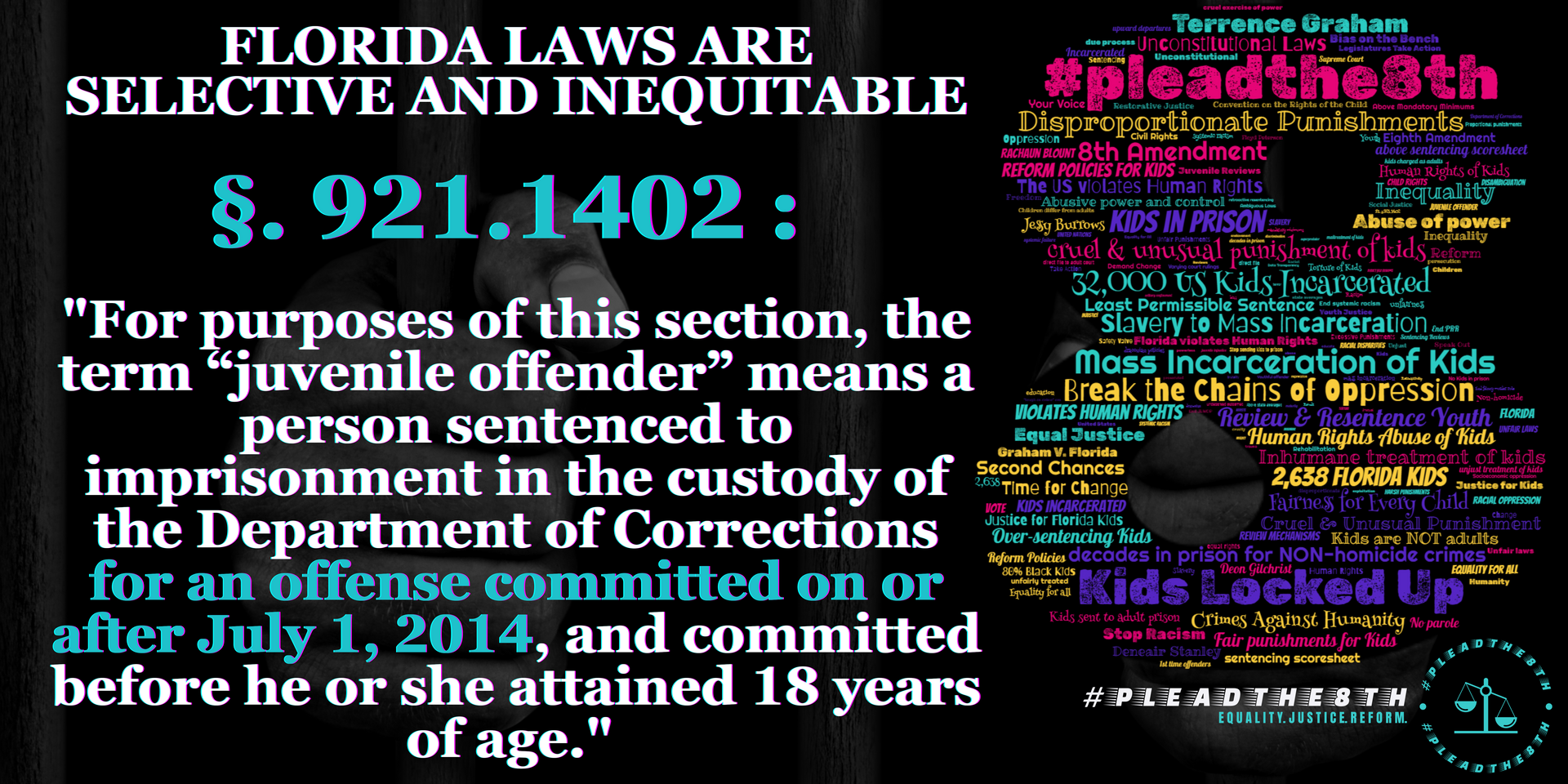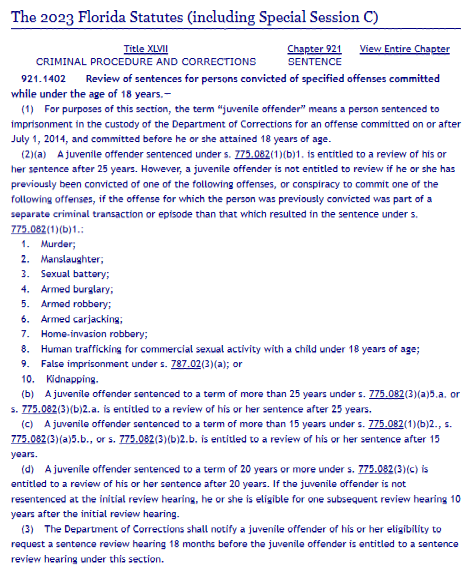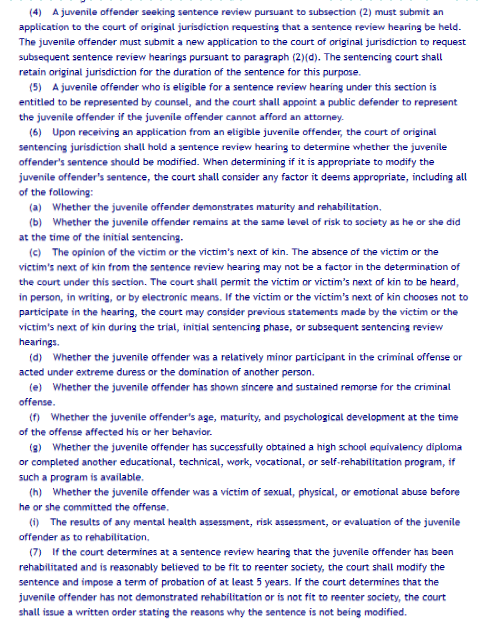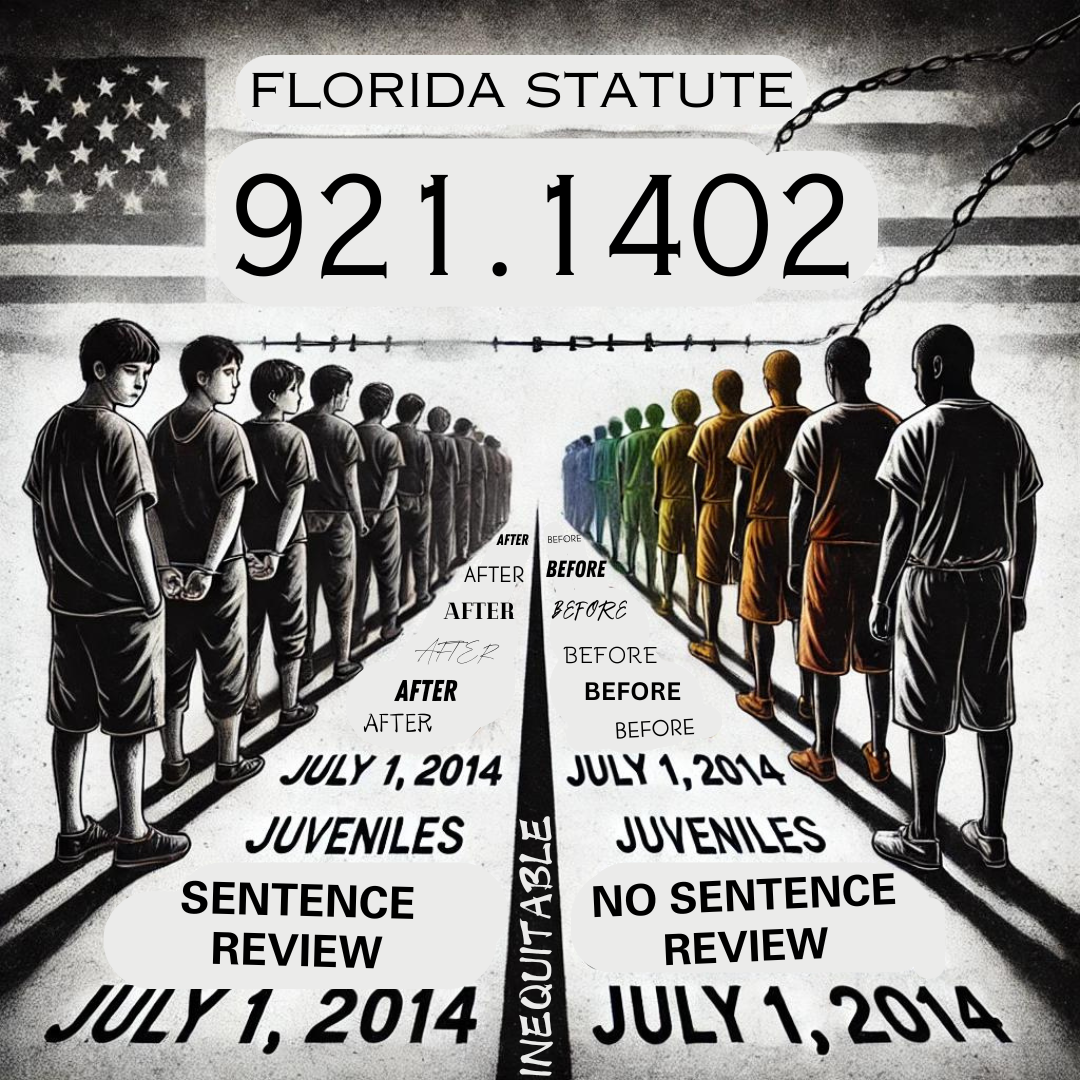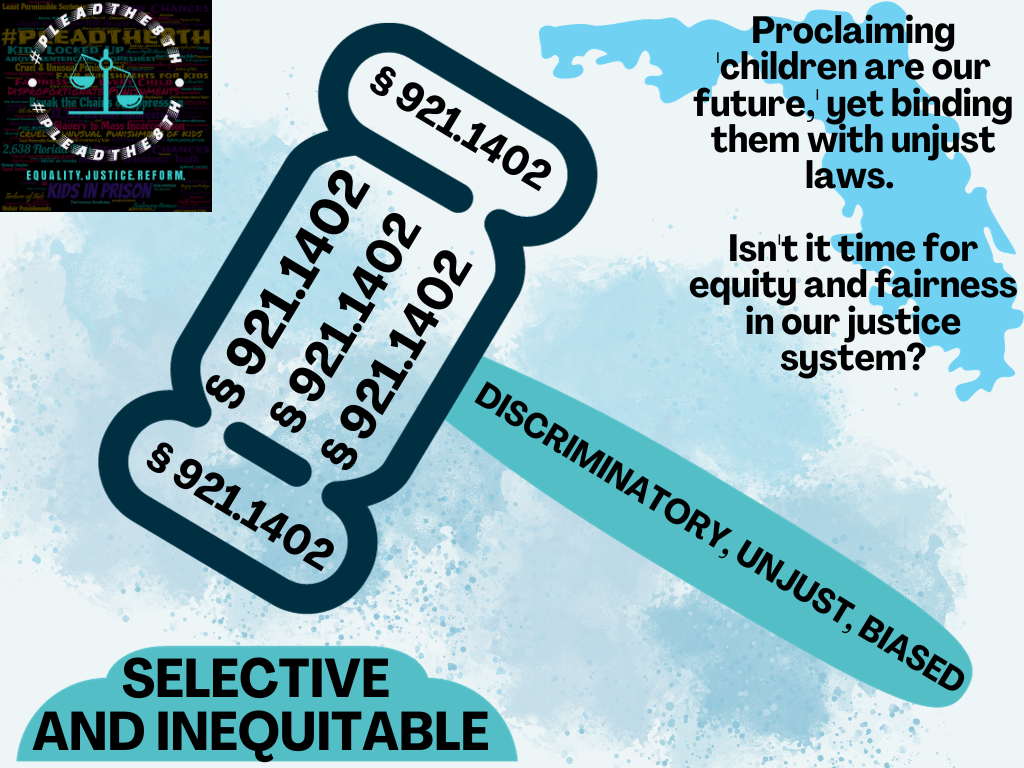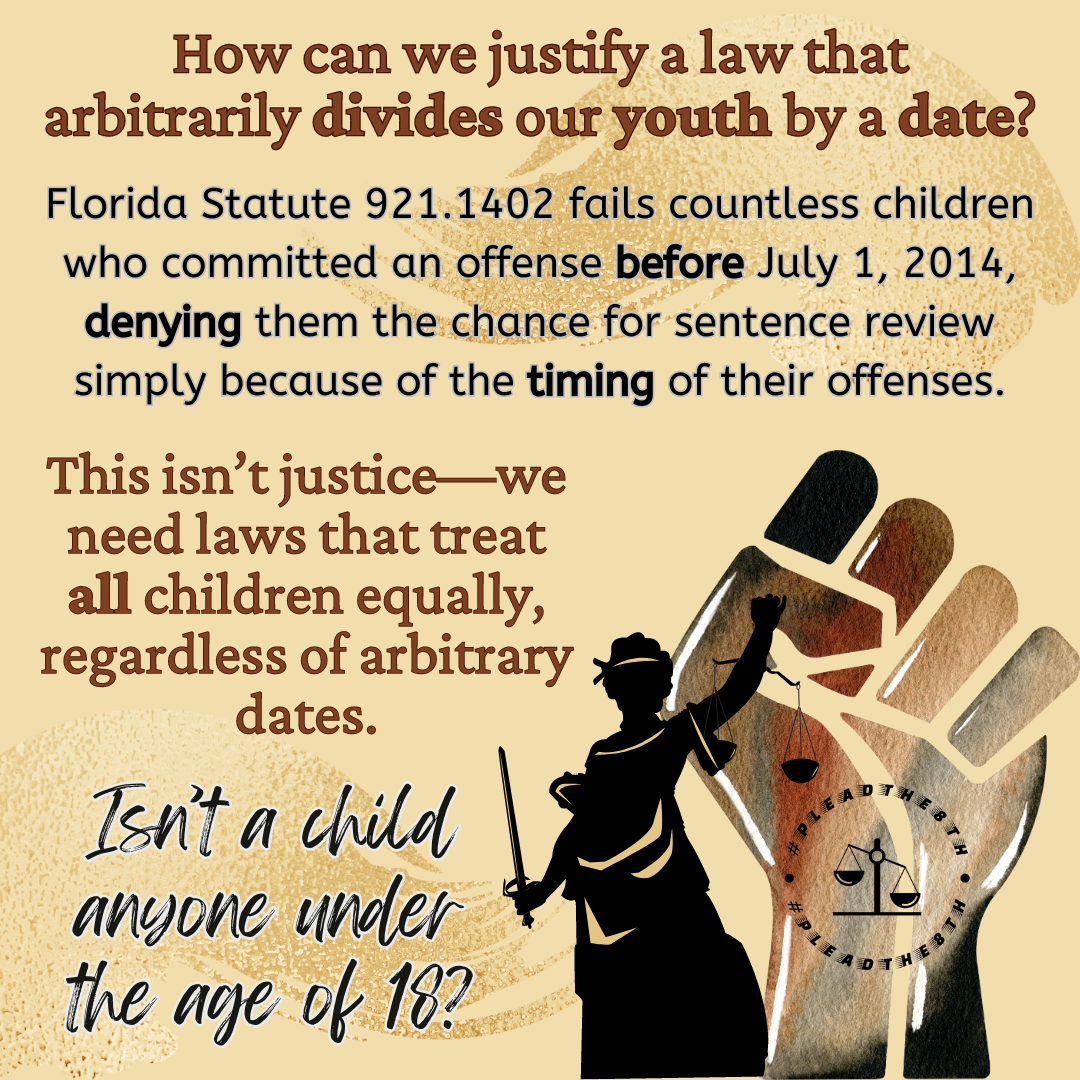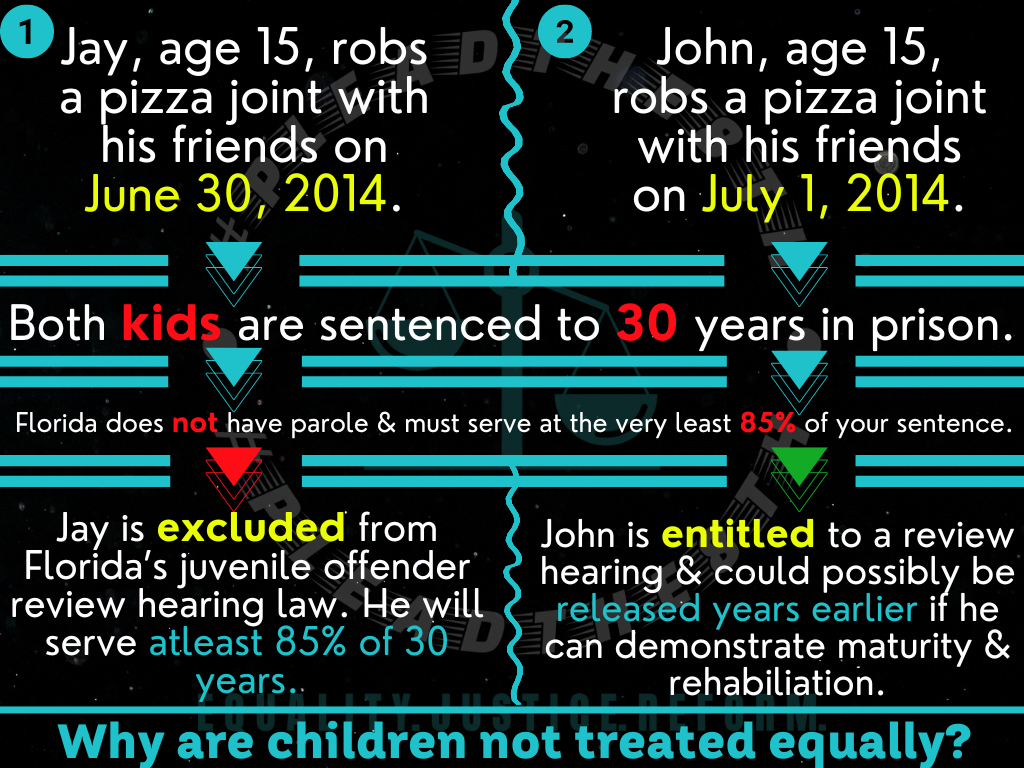Legal Ambiguities in Florida Statute 921.1402
Discover how Florida has adapted its review mechanisms for juvenile sentencing, focusing on the impact of §921.1402 and its implications for youth justice.
The definition of a "juvenile offender" under Florida law excludes individuals under 18 who committed crimes prior to July 1, 2014, raising concerns about equal treatment. While those who committed offenses after this date or that received life sentences have the right to review hearings, those with term-of-years sentences before July 1, 2014, do not share the same privilege. The absence of parole in Florida amplifies the impact of this disparity.
The
inconsistency and confusion in Florida courts regarding the application of
US Supreme Court decisions like Graham/Miller to juvenile sentencing further compound the issue. This situation raises questions about fairness and compliance with constitutional standards, as well as the need for comprehensive reform to ensure all youth have a review mechanism.
Summary of Issues in §921.1402
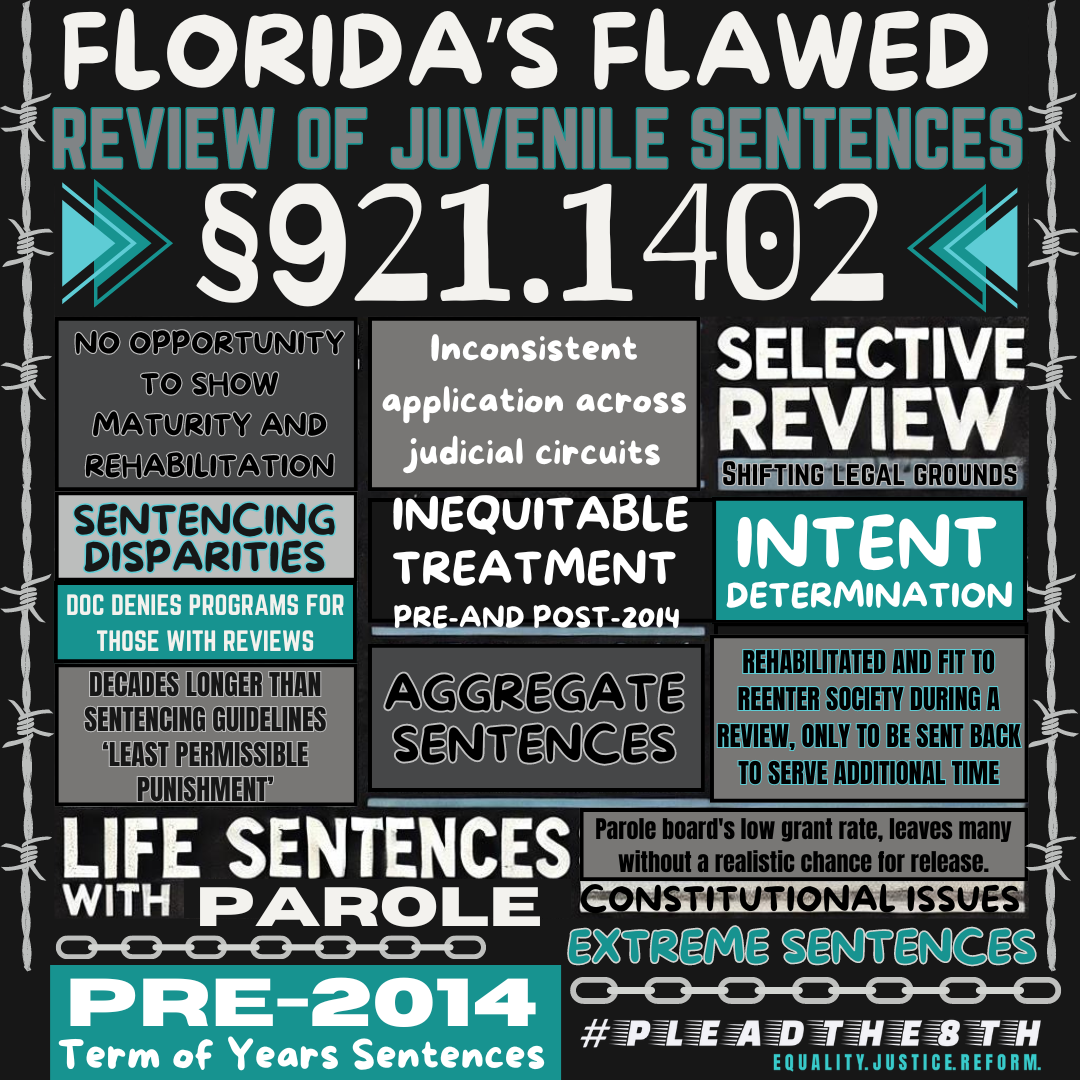
The application of Florida's §921.1402 has revealed significant disparities in the treatment of juvenile offenders. Florida's courts have encountered significant challenges in applying §921.1402 to juvenile offenders.
These critical areas underscore not only the complexities of legal interpretations but also the real human impact of legislative inaction. The recurring themes of ambiguity and the direct appeals from the judiciary for legislative guidance should serve as a clarion call to our state legislators.
Reforming §921.1402 isn't just a legal imperative; it's a moral one, ensuring that our justice system is equitable, just, and offers a path to redemption and rehabilitation for our youth.
It's time for this issue to be prioritized on the legislative agenda, ensuring that all children within the juvenile justice system are treated with the fairness and foresight they deserve.
Critical areas of inequitable treatment:
- Selective Review Eligibility:
- If you're a youth sentenced pre-2014 with a term of years, you're generally ineligible for review. This leaves many without the opportunity for early release based on demonstrated maturity and rehabilitation.
- Shifting Legal Grounds:
- For those who were granted a review and then saw the case law change, the promise of reconsideration may be abruptly withdrawn, or even an order to reimpose the original sentence. This results in a lack of consistency and fairness in the application of the law.
- Procedural Pitfalls:
- If you filed the wrong type of post-conviction relief motion, your chance for a review might be denied. This technicality can mean the difference between a chance at rehabilitation and prolonged incarceration.
- Aggregate Sentences and Rehabilitation:
- Individuals who commit multiple crimes in a single episode might be deemed rehabilitated and fit to reenter society during a review, only to be sent back to serve additional time. This situation undermines the rehabilitative intent of the review process.
- Pre-2014 Sentences and Intent Determination:
- For those sentenced before the enactment of §921.1402, if the court did not make a specific finding about the intent to kill, navigating the legal aftermath can be particularly complex and fraught with uncertainty.
- Life Sentences with Parole:
- Initially, parole was not considered an adequate review mechanism under Graham and Miller by Florida courts. However, shifts in interpretation mean that life sentences "with parole" now offer the meaningful review opportunity, according to Florida courts. With the Florida parole board's low grant rate, 2.66% in 2022, this leaves many without a realistic chance for release.
- Sentencing Disparities Pre- and Post-2014:
- Significant discrepancies exist in the sentencing lengths for juvenile offenders before and after the enactment of §921.1402 in 2014. Data indicates a stark reduction in sentence lengths post-2014, suggesting previous sentences were excessively punitive.
Court Decisions on Statute 921.1402
Review a comprehensive list of court cases that have interpreted and applied Florida Statute 921.1402, noting specifically where courts have pointed out ambiguities, anomalies, and directly requested legislative guidance in their opinions.
